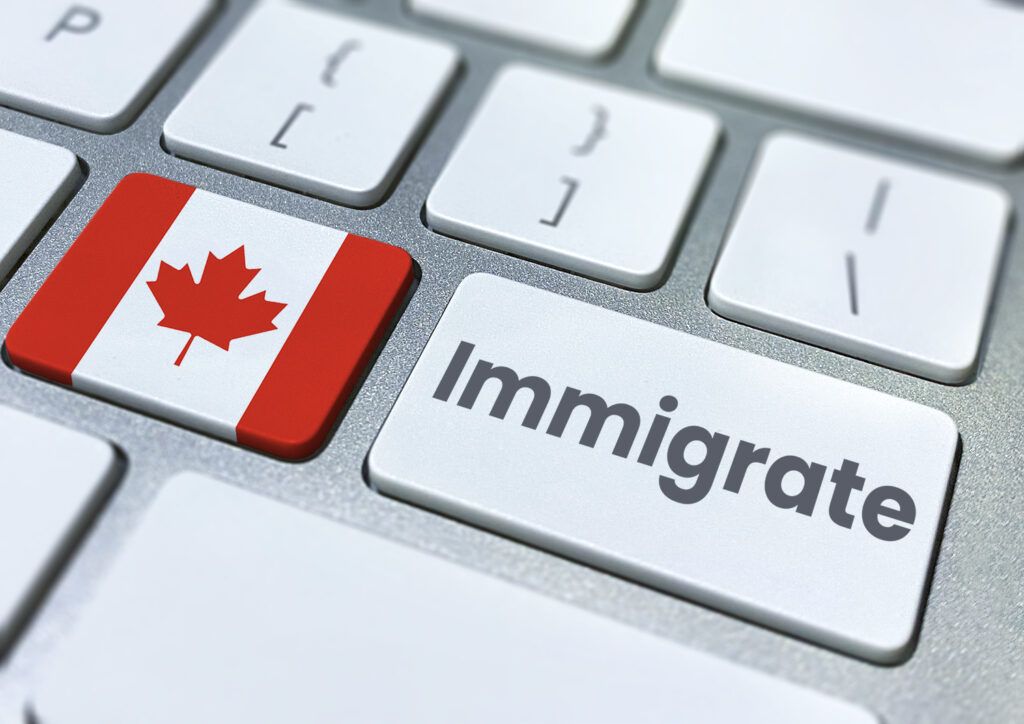Canada is regarded as one of the most popular immigration destinations, and for good reason—they welcome immigrants with open arms! Canadian citizens, and those granted permanent residencies, are now empowered to sponsor their parents and grandparents to move to Canada through the PGP program.
The Immigration, Refugees and Citizenship Canada (IRCC) has accepted 27,000 sponsorship programs in 2019, and the number will likely increase given the current state of the pandemic. With economies slowing down and applications have been halted, Canada needs to reopen its doors once more—it may be the best time to reunite your families.
To ensure that you make the most of the PGP program, here’s a curated guide to follow:
A Step-By-Step Guide—What To Do Next
Step 1: Becoming a sponsor
If you wish to sponsor your parents or grandparents, then you have to show interest to sponsor. After ensuring that you are eligible to sponsor them, you have to submit the Interest to Sponsor Form to the IRCC.
This form is not an application but is intended to inform CIC that you wish to sponsor your parents or grandparents. Make sure to check whether the form is currently available on IRCC’s website, and you may also check the site regarding the submission procedures.
Step 2: Application of sponsorship
Potential sponsors can submit their application forms on the website of CIC similar to how they receive the interest to sponsor forms. Once you get the appropriate application package, you must submit two applications.
The two application forms include the application for permanent residence and the application to become a sponsor. You must only fill them up after receiving an invitation to sponsor, as the CIC may change the required documents and application forms. You are also required to submit them together within 60 days after receiving your invitation.
Step 3: Payments
After filling out all the necessary forms, you will then be asked to pay for government fees that will compromise the principal application processing fee, sponsorship fee, principal applicant’s spouse processing fee, the Right of Permanent Residence Fee, and lastly, the biometrics fee.
Step 4: Completion
Your sponsorship will need to be received and reviewed by the IRCC, which should be done not later than 60 days from the date of the invitation. The specific deadline will be included in the invitation, and the duration must be used for medical exams, biometrics, police certificates, and other necessary parts of their
Sponsored mother, father, or grandmother and grandfather will need to take medical exams, give biometrics, and provide police certificates when requested by the CIC during the processing of their application.
Reunite Your Family Through The PGP Program
Although your parents and grandparents are more than welcome to spend time in Canada as visitors, having them become permanent residents allows them to enjoy vast benefits. As permanent residents, they’ll be able to work in Canada, effectively eliminating the need for expensive travel fees and insurance policies. They’ll also be qualified for healthcare coverage, eventually allowing them the opportunity to become citizens.
If you’re looking for professional help from a trusted firm please contact us at info@brightimmigration.com or call 1-888-404-8472. We offer you the best immigration consultants in Toronto, dedicated to helping you achieve your Canadian dream.



